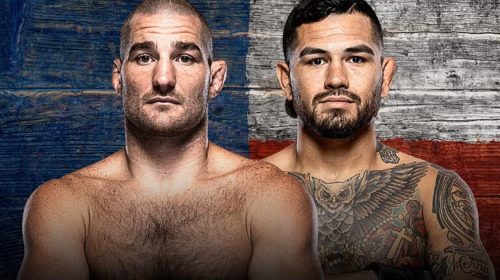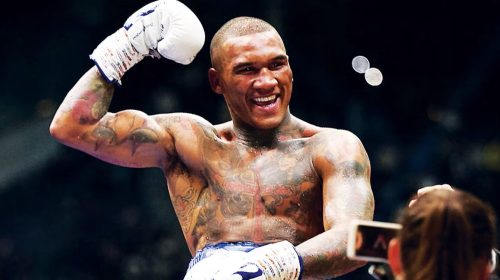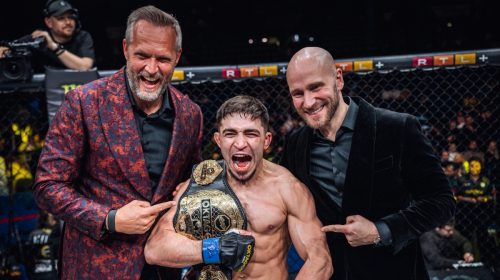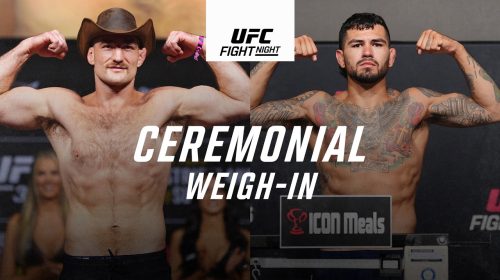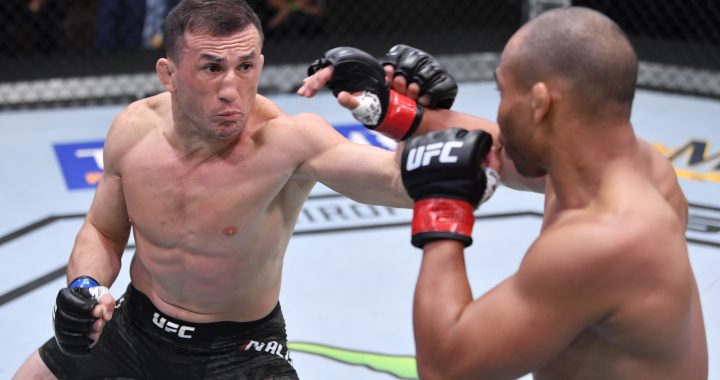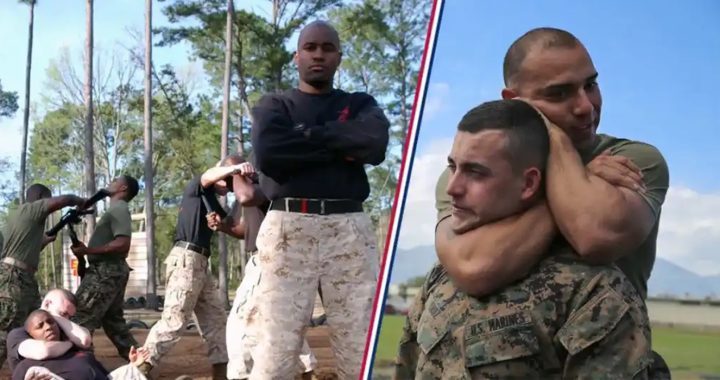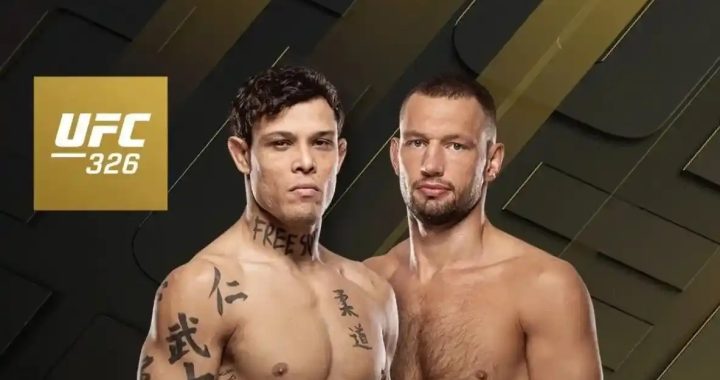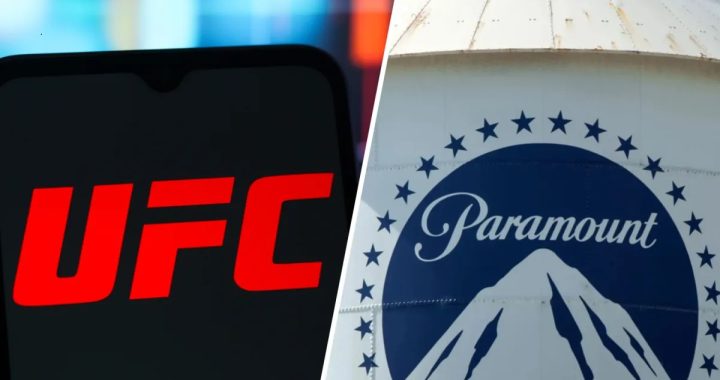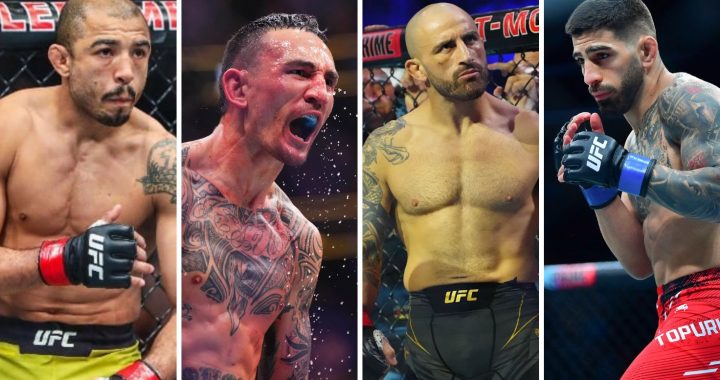
What makes a UFC champion?
Nobody would predict that the smallest man in the very first Ultimate Fighting Championship tournament would go on to win the event, catapulting the sport of mixed martial arts and the craft of Brazilian Jiu-Jitsu into unexpected territory.
Since Royce Gracie’s epic night in 1993 and when the promotion implemented the title picture four years later, there have been 81 champions who have claimed gold in the UFC, all coming from various backgrounds and worldly cultures.
Betway UFC have created an infographic that outlines the breakdown of the paths to success. See below on What makes a UFC champion?
It has often been said that wrestling is the fundamental base that most professional mixed martial artists need under their belt. Of the 81 champions crowned by the UFC to date, 53 came from a background in grappling.
Of those 53 champions, 35 took up wrestling as their dominant martial art before moving into MMA. That is 43 per cent of all UFC champions to date, a far higher proportion than any other discipline.
Of the 35 champions with a background in wrestling, 20 either represented a Division I school, earned All-American honours or won a national championship at university.
The other major grappling discipline, Brazilian jiu-jitsu, has produced the second-most UFC champions with 17, proving that Gracie created a blueprint for others to follow.
Gracie, a Brazilian, would pave the way for many of his fellow countrymen and women to follow in his footsteps. Brazil has produced 14 of the 81 world champions, second only to the United States which has developed 54 title holders.
The only other countries that boast more than one UFC champion are Canada and the Netherlands, with two each.
Amanda Nunes, also a Brazilian, currently holds two titles for the UFC. She is the women’s bantamweight and featherweight queen. She is also the first openly gay UFC champion, and the first woman to hold two UFC titles simultaneously.
Of the 81 champions in UFC history, 68 either fought at least five times or won a belt for a smaller promotion before being called up to the UFC.
That is 84 percent who learned their trade at a lower level before making the leap to the top.
That number is even higher when you only look at the last 10 years, with 46 of 49 champions crowned since 2009 having first developed at a lower level before making the jump to the UFC.
There have only been seven champions who did not have a background in one specific martial art before transitioning to MMA. Brock Lesnar, one of the UFC’s most popular fighters of all time, came to the UFC with very little training. His stardom as a WWE champion and massive frame made the jump to MMA that much easier and more desirable.
Then you have the likes of Holly Holm and Henry Cejudo. Holm, a former boxing champion eventually transitioned to mixed martial arts, leading her to dethrone the then undefeated Olympian and UFC champion in one of the sport’s most memorable knockouts. Holm shocked the world and took the women’s bantamweight title with a head kick knockout over Ronda Rousey at UFC 193.
Of the 35 champions with a background in wrestling, 20 either represented a Division I school, earned All-American honours or won a national championship at university.
Cejudo, an Olympic gold medallist in freestyle wrestling, took that wrestling pedigree to another level. He currently holds titles in two divisions for the UFC and is the top dog at both flyweight and bantamweight.
After you take a look at the landscape of current and previous champions it is possible to map the most effective route to a UFC title.
An American upbringing is a good place to start, with an early introduction to wrestling the next step. College stardom follows, before a successful stint in a smaller promotion helping to catch the eye of UFC president Dana White.
The numbers suggest that this has been the ideal path historically but, as with all sport, things are changing in MMA.
While MMA is in essence a global sport, the UFC is finally beginning to have serious appeal around the world. Events are being held globally and attempts to find the sports’ next big thing, the next Conor McGregor are taking place each and every day.
The UFC’s recent expansion in markets such as China and Russia are proof that the days of an America-centric, wrestling-heavy promotion are coming to an end, with the UFC now beginning to live up to its name as the ‘Ultimate Fighting Championship’.

